LA LAOUZIERO
“We have been living here since autumn 2019”, explains Erica, introducing the dogs, the cats, donkey Martino, the chickens scratching about, and the two sheep grazing the grass in front of the former school.
A sheet of paper is hanging on the old blackboard: it is a list of names, and next to each name is the amount of honey to be delivered to that person. “We have already sold over a hundred kilos. This year (2020, Author’s note) we are expecting production to reach 600 kilos. Last year we produced 400 kilos, all of which were booked even before honey was poured into the jars” explains Federico. Honey is mainly bought by people from Turin and from the solidarity purchasing group in Perrero: “At the moment we don’t need to promote the product, this is why we haven’t created a website yet. On the labels on the jars are the picture of Laouziero, the stone that dominates Borgata Grangette, and the words: «mountain product».
Mountain product
The term “mountain product” is a non-mandatory quality designation, used for raw materials that mainly come from mountain areas and, in the case of processed foods, when processing, ageing and ripening take place in the mountains.
The logo, a stylised green mountain, has been on the labels of La Laouziero honey since 2020.
The aim is to enhance the work of producers operating in mountain areas, who, according to data released by the Italian Ministry of Agriculture, account for 17% of all Italian farms and one third of breeders. The Ministry recognises that the mountain agricultural economy is “a fundamental pillar for the preservation and maintenance of local areas, including the prevention of hydrogeological instability. Thanks to the quality certification system and this new brand, consumers will find it easier to recognise the products from the labels and will thus be able to decide to support these producers and their value, not only from an economic standpoint, but also from a social and environmental one”.
Every Italian region keeps a register of the products that can use the regional marking (Piedmont’s register is published on the Ministry of Agriculture’s website , updated on 31 December 2019).
There are about 40 apiaries overall. All the beehives are fixed, about 20 are in Borgata Grangette, and as many have been placed beyond the Germanasca stream, in another hamlet in the municipality of Perrero. “We produce two types of honey, the Millefiori and the Castiglio, which is a mix of chestnut and lime. We collect honey once a year. Starting in 2020, we will also start producing pollen and Propolis” adds Federico. Future plans also include increasing the number of families and nomadic beekeeping. We hardly expect, conversely, to be able to increase the area where we are currently growing vegetables and cereals: “In many plots of land inheritance procedures have never been completed, we don’t even know who the owners are, so we can’t buy nor rent them. This problem, which is the same in other villages, too, needs to be promptly dealt with if we really want young people to come back to live and work in the mountains,” underlines Federico. Almost every day, Federico – who is an engineer – drives to Pinerolo, where he works as a consultant for a company. Erica is devoted full-time to the village and the farm, as well as to little Stella, and Anita searches for calls for proposals in order to get funds that will allow their business to grow. Together, Erica, Anita, Federico, and Stella are shaping the future of this corner in the Piedmont Alps.
